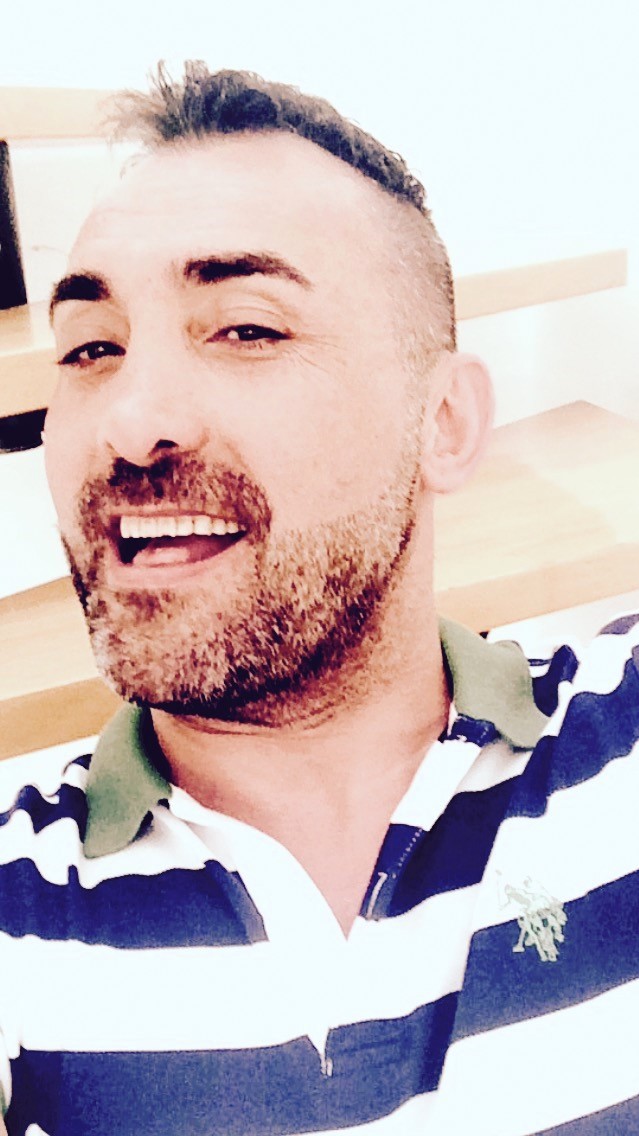Editor Profile

Bulent Icgen
University/Organization: Middle East Technical University
Country: Turkey
Biography
Bulent ICGEN received his MSc. and PhD. in Biotechnology at Middle East Technical University (METU) of Ankara in 1994 and 2000, respectively. He conducted two-year-post-doctoral research at the Department of Chemical Engineering, Bioprocess Engineering Research Unit of University of Cape Town (UCT) in South Africa. In 2008, he became an Associate Professor and took up a faculty position at Kirikkale University (KU) till 2012. Since then, he has been a faculty at METU in the Department of Environmental Engineering. He became a Professor in 2017. Meanwhile, as a visiting faculty, he visited Princeton University (PU) Department of Civil and Environmental Engineering and Massachusetts Institute of Technology (MIT) Department of Earth, Atmospheric and Planetary Sciences (EAPS) in 2011 and 2015, respectively.
His interests lie in the fascinating and often complex array of processes taking place in microbial environment and the behaviour of the microorganisms under different environmental conditions. He particularly enjoys looking at systems from environmental and microbial biotechnology perspective, trying to tease out the key relationships between consortiums. He likes using molecular biological methods to investigate the occurrence and distribution of bacteria in the environment in order to provide direct information on community structure for variety of environmental and industrial applications. His team focuses on microbial biotechnology, with a recent focus on environmental genomics, transcriptomics, and proteomics.
Research Interest
His Reseach interests are
1. Environmental sustainability through bioremediation of contaminated environments.
2. Bacterial degradation & transformation & detoxification of xenobiotic compounds.
3. Structural and functional diversity of microbial communities in contaminated environments.
4. Molecular genetic tools to assess the effects of microbial treatment on anthropogenic chemicals.
5. Biomonitoring of waterborne pathogens & toxic metals & drug resistance genes as contaminants.
6. Biomarkers & bioindicators & DNA probes & FISH for in situ microbial activity monitoring.
7. Metabolic engineering & catabolic genes & biocatalytic applications for pollutant degradation.
8. Biotechnological processes for aerobic & anaerobic waste treatment.
9. Environmental genomics & metabolomics & transcriptomics & proteomics.
 Scientia Ricerca is licensed and content of this site is available under a Creative Commons Attribution 4.0 International License.
Scientia Ricerca is licensed and content of this site is available under a Creative Commons Attribution 4.0 International License.